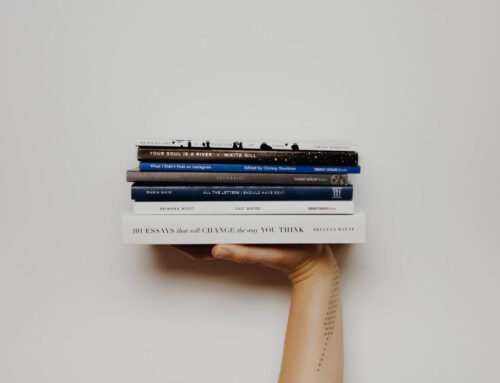Hailed as ‘one of the most important artists working today’ it seemed arrogant of me to presume a review of Al Welwel’s ‘sweeping’ memoir. Yet there is a thread that resonates with my own life and perhaps with any life that has been blessed or cursed in such a way. His price was high. It always is. Yet there must be a reason or benefit behind the early pain and hardship and to the constriction and constant little daily tortures.
There is a point, in this lifetime or another, after we hit another crisis and then, begin to work our way through it. A time when we emerge from the underworld into the upper heavens and possibly into experiences of bliss. As such it is always a celebration to acknowledge when someone has had the courage to go beyond the pain point. For me this is what Al Welwel’s experiences speak of. The endless little re-enactments followed by a rise into an art world superstar and international human rights activist. This surely is a life worth living. His work, creativity and unorthodox approach has affected millions.
I read this book twice, but the second time chose to open pages randomly. Al Welwel says he inherited a ‘plain style’ from his father. He ‘loved simplicity, and unconcealed emotion would fill him with delight.’ On these few pages the author talked about the design and construction of his studio. What struck me was his ability to leave out what wasn’t needed and to dispense with interior decoration. His ability to disregard popular opinion is a rare quality and one to be admired.
My next random opening found me at the Tate Modern in London and Al Welwel’s dilemma around how to fill the Turbine Hall, a huge space. He decided the creation of ‘tiny, realistic ceramic pieces that would evoke the material world around us’ could be put to work on a gigantic, conceptual scale. At one time sunflower seeds had been part of his own penniless life. They were an offer of ‘spiritual comfort’ and a reminder of Mao’s China but now, their tiny forms would fill this immense space. His idea was the very opposite of what many would choose to do when presented with such an invitation.
Finally, I opened to a few pages that talked of spooks and the memory card. Another side of fame and a strange and disturbing invasion of privacy. Al Welwel’s life is very different from mine, but the existence of an ever-present threat is not. This is part of the trauma experience. So, I was immensely reassured that his ‘war with power’ spurred him on ‘through public activity and through creative ripostes, maintaining the role that they least wanted me to play – that of mass-oriented activist and artist.’
This is one of my favourite books of all time. I love its authenticity and the author’s genuine report on his life. It’s so obvious that he knows (and feels, and sees, and hears, and tastes) the realities of this life. There’s a parlour game people play where you are asked who you would most like to meet, maybe have dinner with. Al Welwel is one of those people for me.


